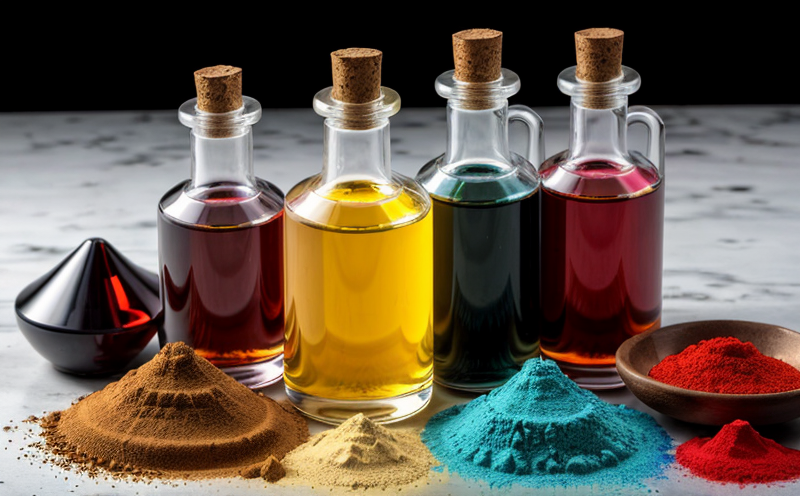ISO 15358 Chemical Composition of Titanium Alloys
The ISO 15358 standard specifies the procedure for determining the chemical composition, including trace elements, of wrought and cast titanium alloys. This service is critical for ensuring that products meet the required specifications set by international standards, thereby maintaining product quality and safety.
Wrought titanium alloys are widely used in aerospace, medical devices, and automotive industries due to their excellent strength-to-weight ratio and corrosion resistance. Cast titanium alloys find applications in high-temperature environments where other materials would fail. The accurate determination of chemical composition is essential for ensuring these alloys meet the performance expectations demanded by industry standards.
The testing process involves several steps that are critical to achieving reliable results. Specimen preparation typically includes cutting small sections from larger parts and preparing them for analysis. The choice of specimen type can vary based on the alloy being tested, but it is crucial that they represent the entire batch or lot accurately.
Instrumentation used in this process includes Inductively Coupled Plasma Mass Spectrometry (ICP-MS) for trace element detection and Optical Emission Spectroscopy (OES) for major elemental analysis. These methods are chosen because they provide precise, accurate, and repeatable results essential for compliance with international standards.
Once the specimens have been prepared and analyzed using appropriate instrumentation, the data is compared against specified limits outlined in ISO 15358. Any deviations from these limits may indicate issues during production or raw material sourcing that need to be addressed immediately.
The importance of this service cannot be overstated. Accurate chemical composition analysis ensures product quality and safety, compliance with international standards, and trustworthiness among customers who rely on reliable titanium alloys for critical applications.
| Specimen Preparation | Instrumentation Used | Data Comparison Against Limits |
|---|---|---|
| Cutting small sections from larger parts | ICP-MS and OES | Comparison with specified limits in ISO 15358 |
The process outlined above guarantees accurate results that are essential for compliance with international standards. This service plays a crucial role in maintaining product quality, ensuring safety, and building trust among customers.
Benefits
- Maintains product quality through precise chemical composition analysis
- Ensures compliance with international standards such as ISO 15358
- Bolsters customer confidence by delivering reliable titanium alloys for critical applications
- Facilitates traceability and accountability in manufacturing processes
The benefits of adhering to the ISO 15358 standard extend beyond mere compliance; they contribute significantly to operational efficiency, cost savings, and long-term business success.
International Acceptance and Recognition
The ISO 15358 standard for chemical composition of titanium alloys has been widely accepted globally. It is recognized by numerous industries worldwide due to its robustness and reliability in providing accurate results. Compliance with this standard can enhance a company's reputation, making it easier to secure contracts and partnerships.
Many countries have adopted ISO 15358 as part of their national standards or regulations for titanium alloys. This recognition underscores the importance of adhering to international norms when dealing with such critical materials.
Use Cases and Application Examples
- Aerospace: Ensuring that parts used in aircraft meet stringent quality standards
- Medical Devices: Guaranteeing biocompatibility of implants made from titanium alloys
- Automotive Industry: Verifying the integrity of components subjected to high stress environments
- Oil & Gas: Confirming material stability under extreme pressure conditions
| Industry Sector | Critical Application |
|---|---|
| Aerospace | Ensuring part integrity and safety in flight |
| Medical Devices | Maintaining biocompatibility for implants |
| Automotive Industry | Verifying component reliability under high stress |
| Oil & Gas | Confirming material stability in extreme conditions |
The wide applicability of this service across various industries highlights its significance in maintaining high-quality standards for titanium alloys.





